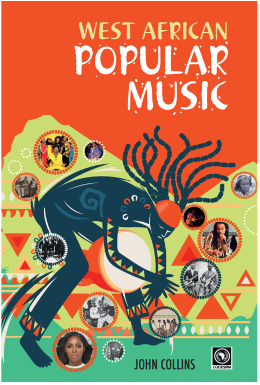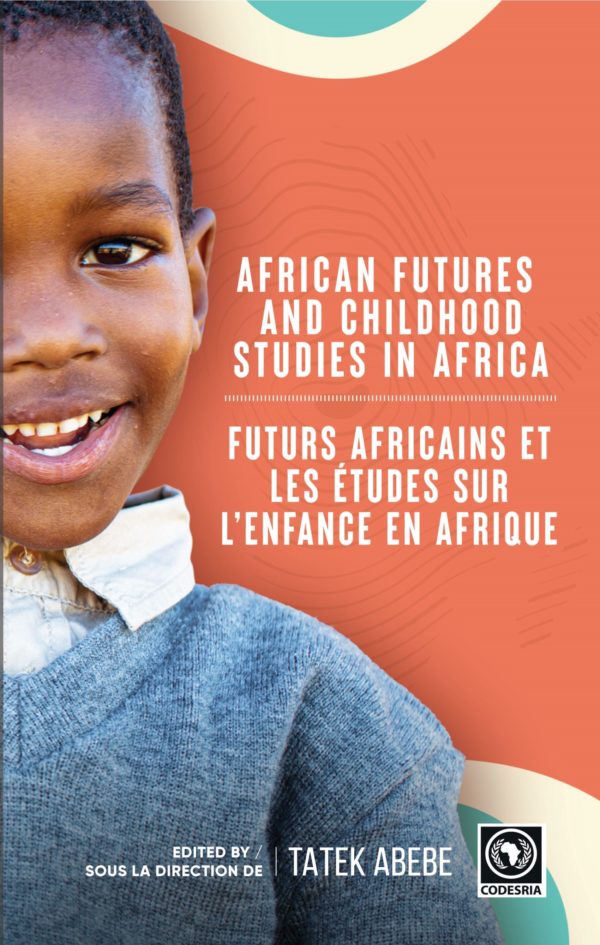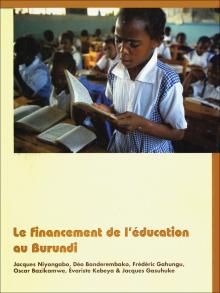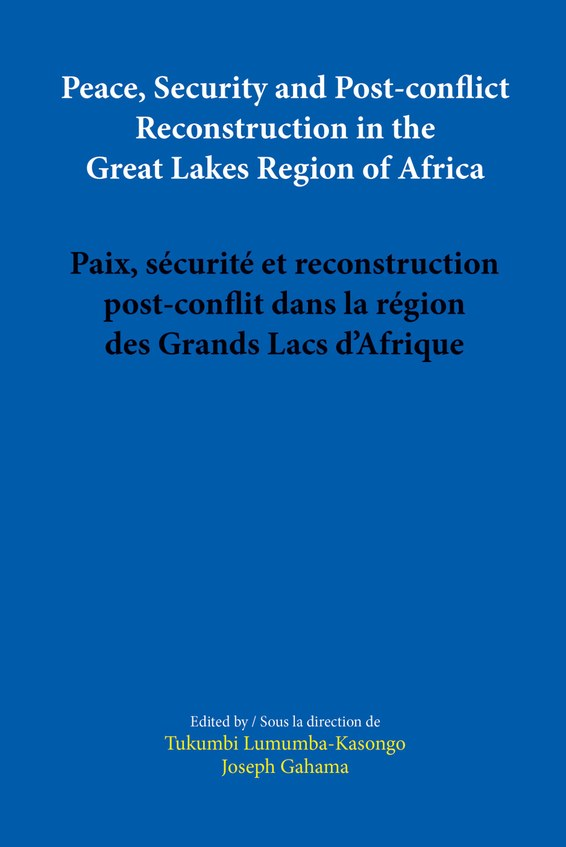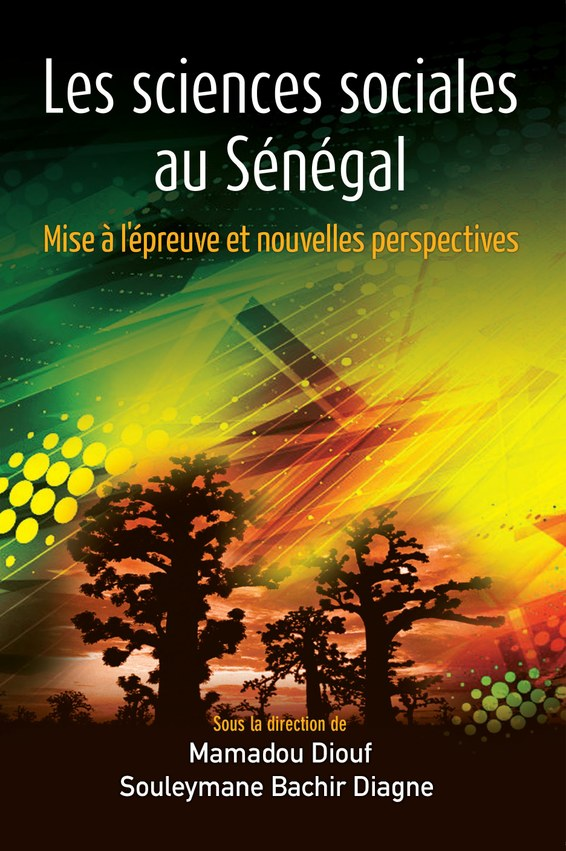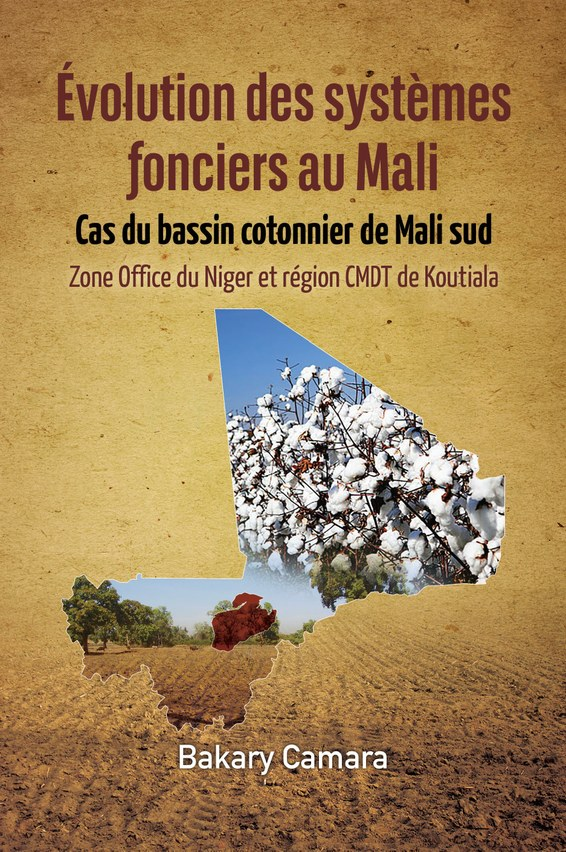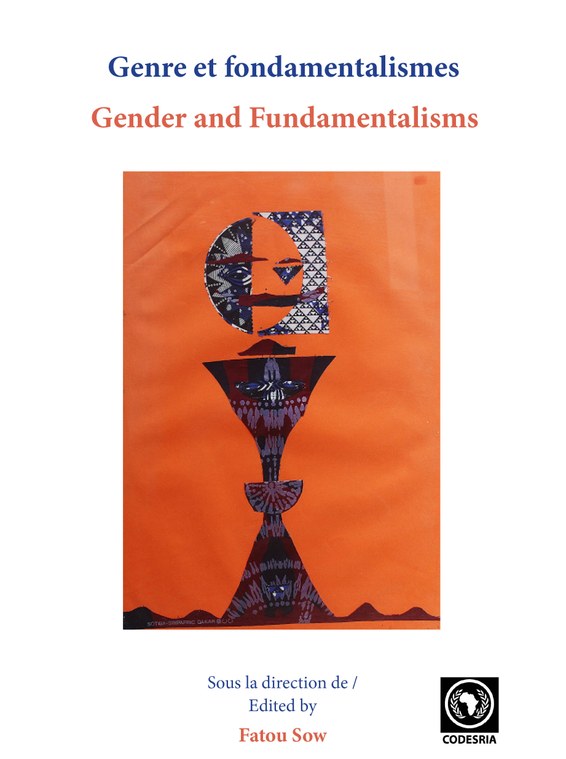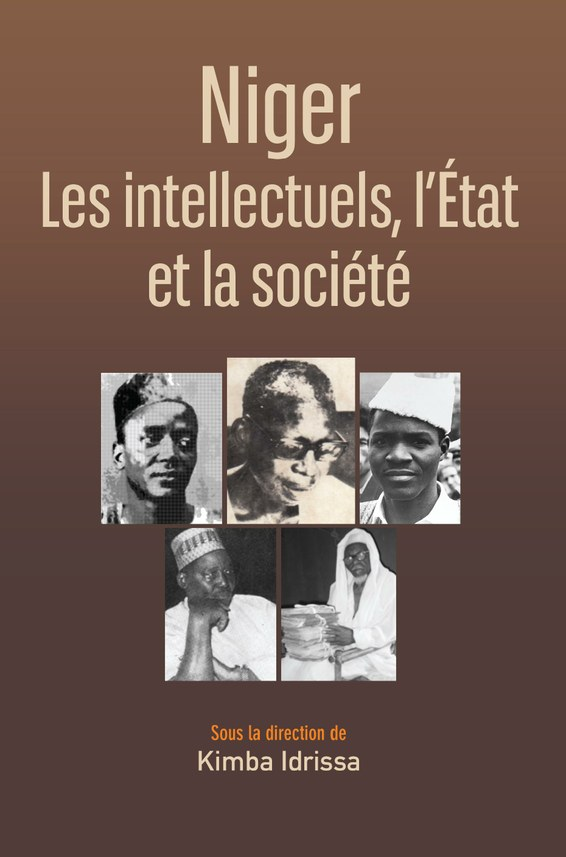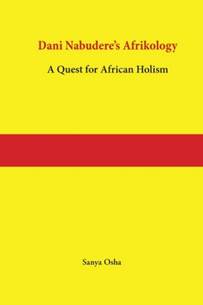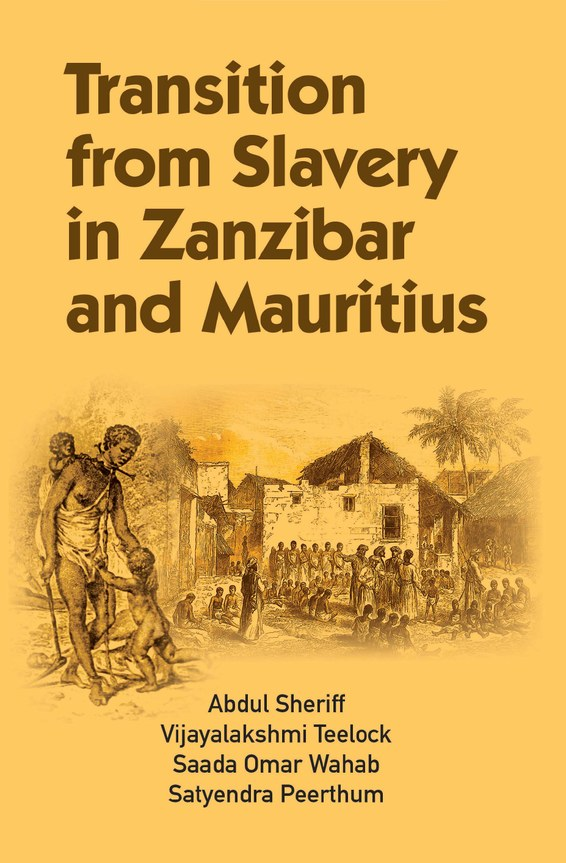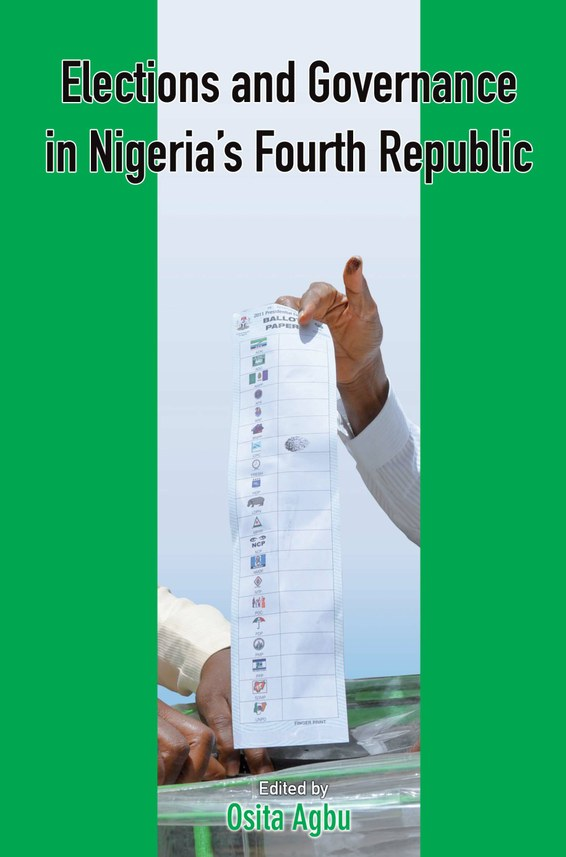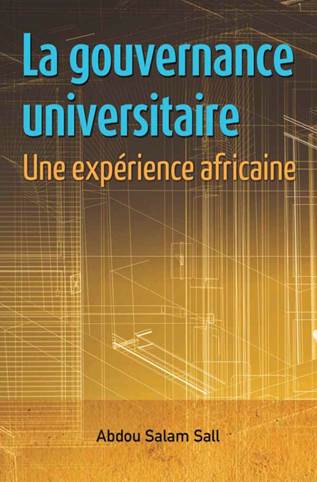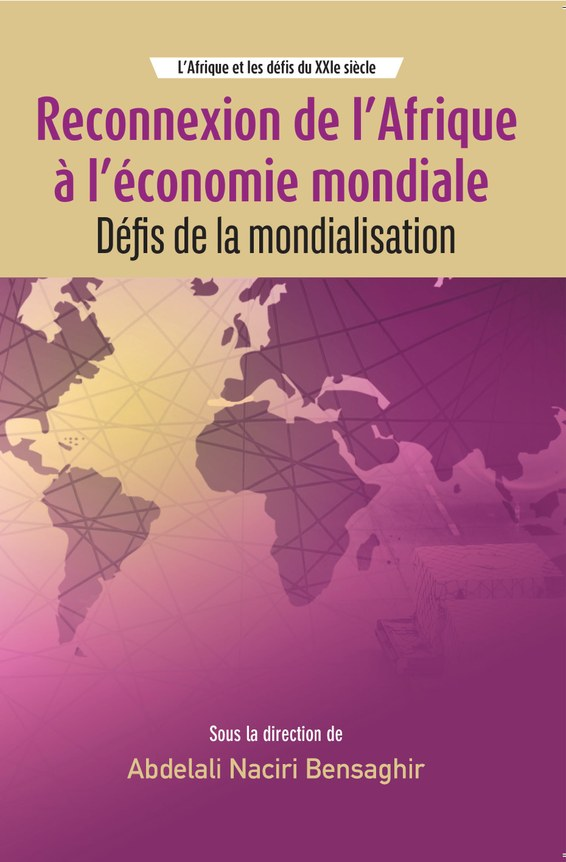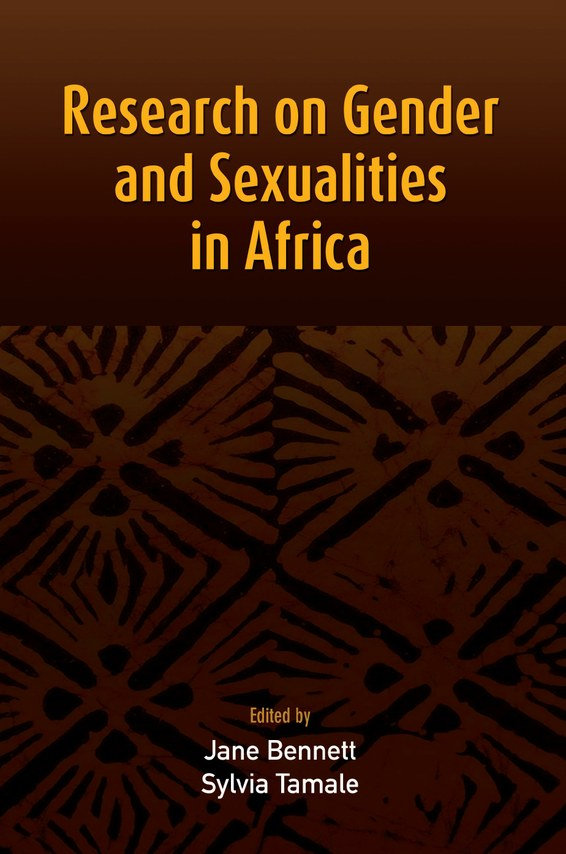This textbook for African and other college students consists of four sections that deal firstly with the emergence of West African popular music from the 19th century and then its 20th century development in Anglophone and Francophone West Africa. So, it covers styles as diverse as maringa, ashiko, highlife, konkoma, juju-music, apala, fuji, Afro-Manding music, apollos, wassoulou, mbalax, ndagga, Sahelian desert blues, soklokpeu, ziglibithy, zouglou, coupe décale, makossa and bikutsi – to name a few. The final fourth section is on trends inspired since the 1960s by pop and soul music – and so includes Afrorock, Afrofunk, Afrobeat and other West African popular music forms that draw on disco, reggae, hiphop, rap, R&B and techno-music. The growth of a West African music industry is also discussed, as is the rise of local gospel dance-music since the 1970s, and ‘World Music’ since the 1980s.
The book examines West African popular music in its historical and social context and as such covers its relationship with traditional African resources, as well as the impact on it of the music and entertainment of the Black Americas. It also deals with the role of popular performance (both music and drama) in the independence struggle, in fashioning national and Pan-African identities and as a medium of social protest and political commentary. Other areas touched upon is the relation of West African popular music to urbanization, generational identity, changing gender roles and globalisation.
John Collins is a naturalised Ghanaian of British decent who has been active in the Ghanaian/ West African music scene since 1969: as a guitarist, music union activist, journalist, writer and band leader (the 1970s Bokoor and later Local Dimension bands). He obtained his B.A. degree in sociology/archaeology from the University of Ghana in 1972 and his Ph.D in Ethnomusicology from SUNY Buffalo in 1994. Collins has given many radio and television broadcasts, including over 40 for the BBC. In the 1980s he set up his Bokoor Recording Studio. During the 1990s he was Technical Director of the University of Ghana/Mainz African Music Digital Re-documentation Project, and for seven years was with the Ghana National Folklore Board of Trustees/Copyright Administration. Collins began teaching at the University of Ghana Music Department in 1995, obtained a Full Professorship there in 2002 and between 2003-5 was Head of Department. Collins is still with the University of Ghana, is a patron of the Musicians Union of Ghana and Chair of the BAPMAF Highlife-Music Institute and Music Archives in Accra.
ISBN : 978 2 86978 757 5
CODESRIA 2021


